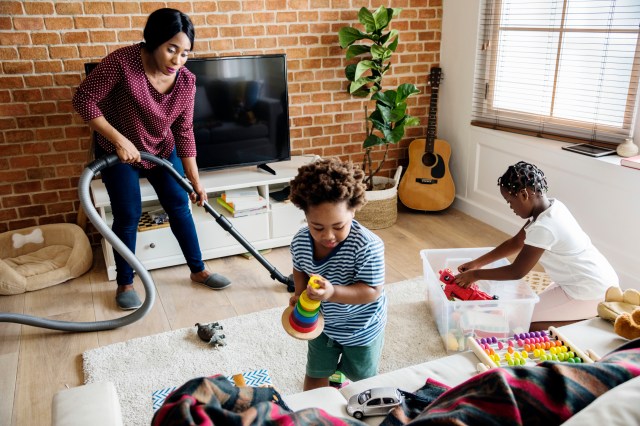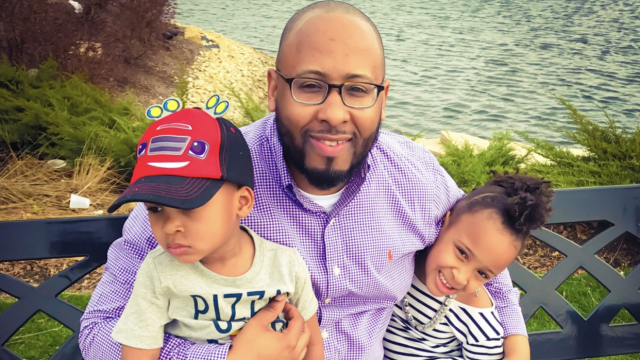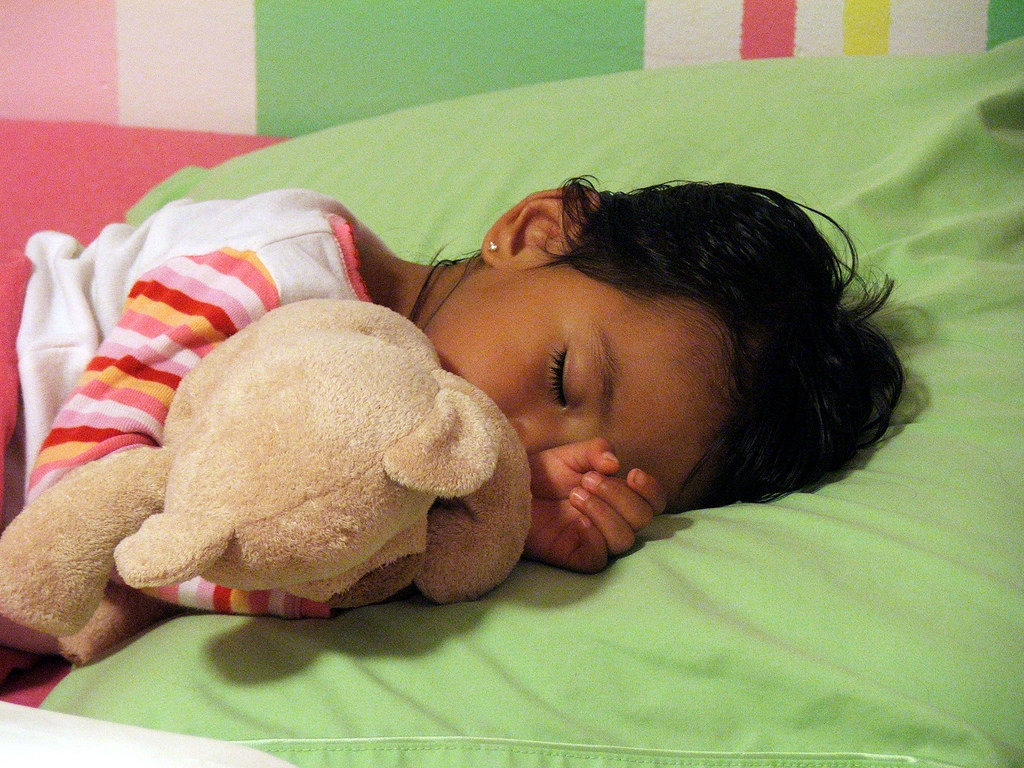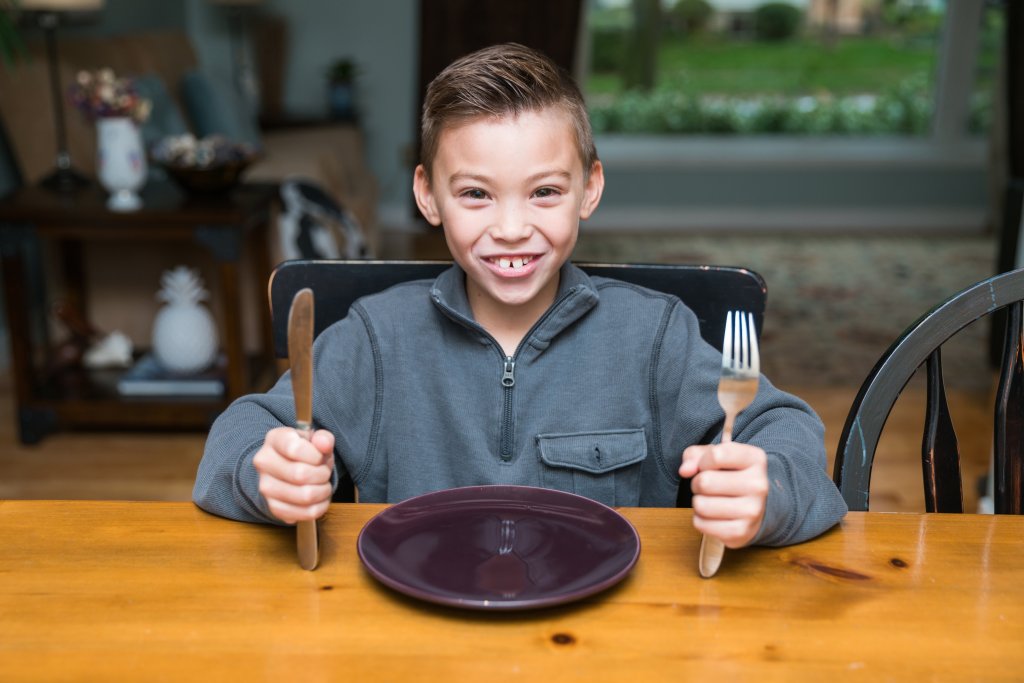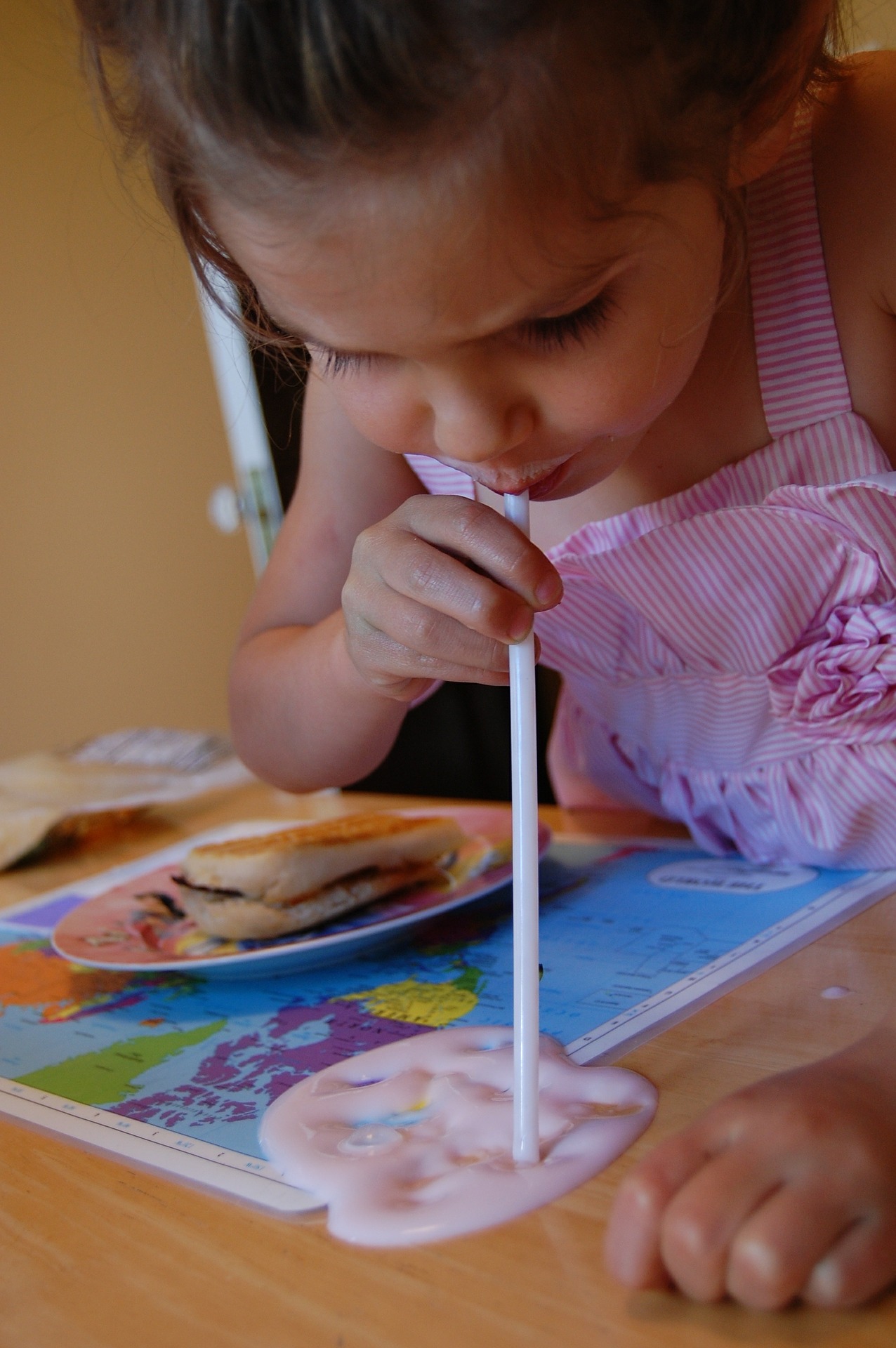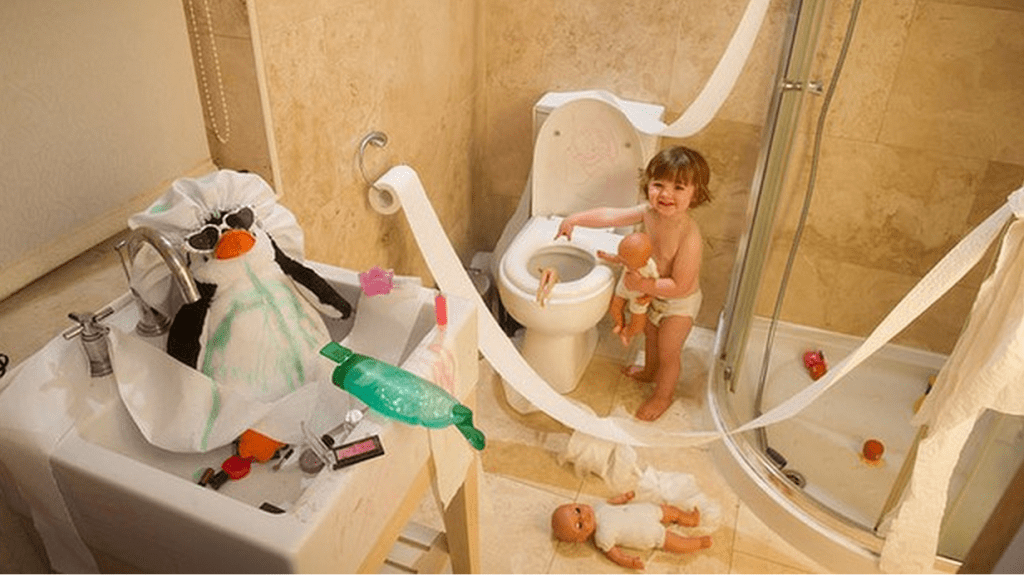
“You shouldn’t lose your identity to motherhood. Before you became a mommy, you were a person and that person is still important.” THEY tell you not to lose yourself, but THEY never tell you how to preserve your identity. How in the name of all things holy are we supposed to maintain our pre-parent identity while simultaneously caring for with an all-consuming infant?
What about when they’re toddlers? How are we supposed to maintain our identities when we spend our days trying to prevent a mini kamikaze from killing himself? If you’re an at-home parent, you’ve likely become the maid too. Never mind the fact that you may have the same degree or higher as your partner, you’ve been relegated to the drudgery of housework. I hate cooking and doing the dishes, but found myself swallowed by the kitchen, a slave to my small humans. If you’re a career parent, you probably find yourself doing the bare minimum both at work and at home. I know I did.
What about the school-age, latency phase? How am I supposed to maintain my identity then? I’m pulled in a zillion directions to match the extracurriculars my children are involved in. Someone always needs a chaperone and snacks are essential. Why do these kids need endless snacks as though they have no other nourishment?!? Any free time I have as a SAHM or career mom is sucked up by baking for, traveling to, and watching sporting events, plays, dance performances, etc. And I wouldn’t do things differently despite the fact that I’m collapsing into bed after putting in 16 hour days. But how can I maintain my identity? I don’t even recognize myself anymore. What about the teen years? Kids don’t even want parents around, so it should be easy to reclaim our identity now, right? Not so fast! Teens need supervision like you wouldn’t believe. Drinking, self-harm, bullying, and sexual activity all need an involved parent to help with difficult situations.
I’m 23 years into parenting and reclaiming my identity. It was a mistake to allow motherhood to swallow me whole, but I had no guidance on how to maintain my identity. Mommy guilt consumed me to the point that I couldn’t say, “no” to anything. Countless hours of volunteering in my kids’ classrooms let to countless hours of coaching my kids’ sports and clubs. There was no time to squeeze my personal life into their world. But I created their world doing what I thought mommies should do.
As a mom, I feel like it’s my obligation to fix things and make them better. But sometimes, you can’t fix things for your kids. As they get older, you have fewer opportunities to control their environment and therefore are less able to make their worlds pain-free. And you know what? That’s good for them. Allowing kids to manage their own friendships, take ownership of their own mistakes, talk to the teacher on their own, and clean up their own messes prepares them for life. Life doesn’t guarantee a mommy shaped cushion protecting them from pain. I wish it did. It pains me to watch my children struggle. But when they resolve issues—and they do—I couldn’t be more proud of the people they’re becoming. Trust your kids to handle age-appropriate situations. Believe in yourself that you’ve given them the tools they need to succeed. You and your kids will benefit.







